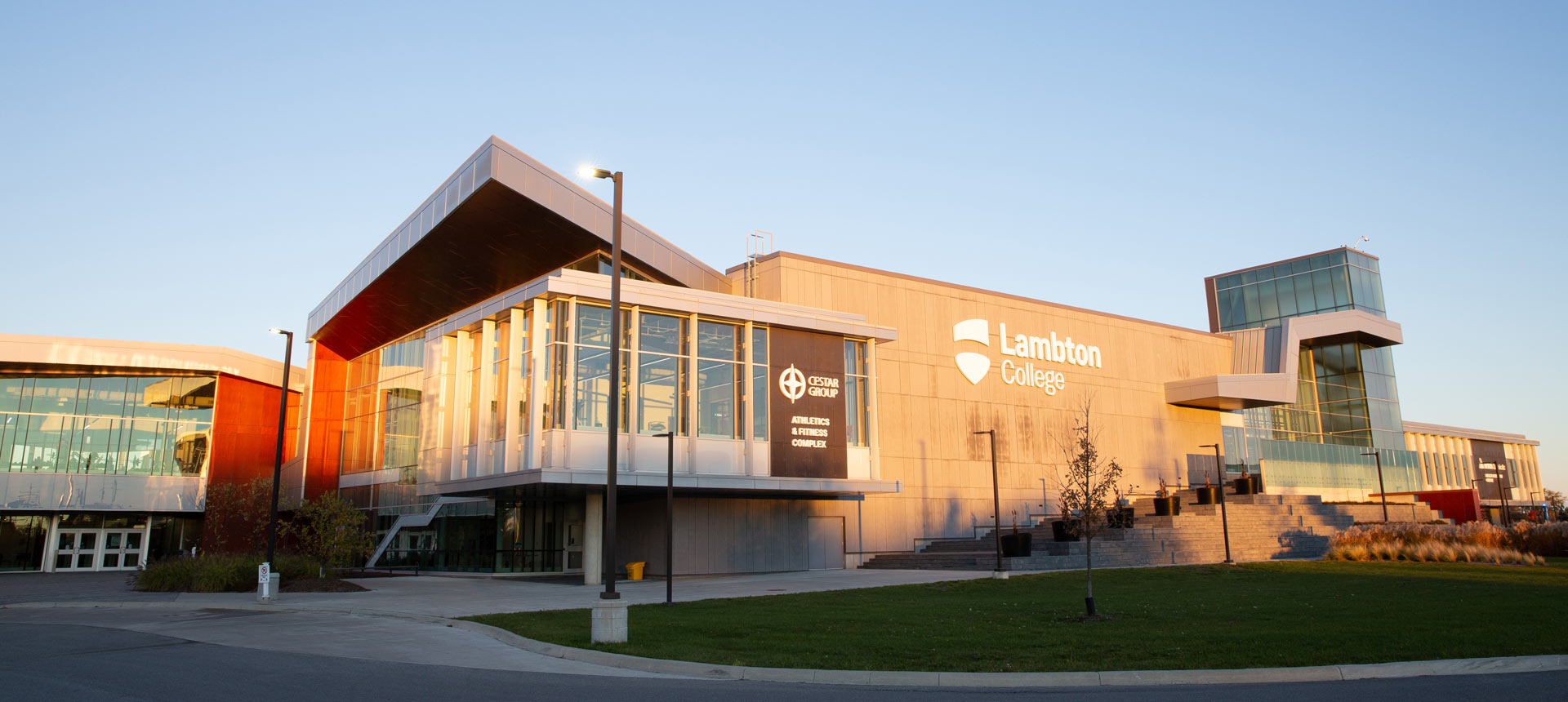1000-1-2 Archival Services
Responsible Executive
Senior Vice-President, Academic & Student Success
Policy Sponsor
Associate Dean, Academic Services
Upon request, the College will provide a copy of this policy in an alternate format.
The Lambton College Archive illustrates the history, growth, and development of Lambton College through the collection and protection of the College's documentary history. The Archives identifies, preserves, and makes available those College records which have lasting historical value that are not retained within other organizational systems such as the Program Records Repository.
Purpose
- The purpose of the Lambton College Archives Policy is to establish a framework to ensure that records and items of continuing value are identified, maintained, and preserved by the Lambton College Archival Services.
Mandate
- To ensure that Lambton College's institutional memory, as well as other information deemed historical, archival or legal value, is preserved and protected. These items will be made available and promoted physically and digitally for generations to come.
Definitions
| Term | Definition |
|---|---|
| Accession | To document the addition of an item to the holdings of an archive. |
| Acquisition | The process by which an item or collection enters the archives holdings. |
| Collection | An artificial accumulation of documents brought together based on some common characteristic. |
| Deaccession | The process by which an archive formally removes material from its custody and permanently. |
| Obsolescence | The process of becoming obsolete or the condition of being nearly obsolete. |
| Original | The first copy of a document from which other instruments may be transcribed, copied, or imitated. |
Policy
Acquisition
- The Lambton College Archive gathers historical materials in physical and digital format. Work held in the archive is directly related to the history, growth, and development of Lambton College and is considered to have archival value to the college for the purposes of education and research.
The focus of the collection is:- College Publications such as course calendars, yearbooks, convocation programs, handbooks, newsletters, invitations, awards etc.
- Audio-Visual historical records such as photographs, video, digital files.
- Promotional Materials such as postcards, brochures, newsletters, posters, and other recruitment materials.
- College Building Plans, Maps and Guides.
- Items will be predominantly acquired by a direct transfer from within the college to the archives or a gift from the community. They will be kept separate from the circulating collection.
- Materials transferred into the archives must be past the time period which governs its semi-active life span within the department the material has originated in accordance with Lambton College Policy 1000-1-3 Records Retention.
- Materials must meet archival standards to be accepted into the Archives. Due to limited resources and space, the Archives cannot house materials that are not of an archival nature.
- All archival materials are managed and controlled by the Library. They will be managed in such a way to ensure their accessibility, integrity, authenticity, and long-term preservation.
- Items will be stored in one central location on the main Sarnia campus. Materials will be stored in professional preservation standards to ensure the longevity of the collection. Ongoing and routine maintenance will be done to ensure no damage can happen to the collection. This will be done by monitoring the environmental conditions, pest inspection, and maintaining cleanliness in the storage area.
Access to Archives
- All archival materials are managed and controlled by the Library. They will be managed in such a way to ensure their accessibility, integrity, authenticity, and long-term preservation.
- Items will be stored in one central location on the main Sarnia campus. Materials will be stored in professional preservation standards to ensure the longevity of the collection. Ongoing and routine maintenance will be done to ensure no damage can happen to the collection. This will be done by monitoring the environmental conditions, pest inspection, and maintaining cleanliness in the storage area.
Digitization
- All materials that are acquired will be digitized and added to the online collection. Materials that suffer from obsolescence (technical, digital, or functional) will be kept in digital format only. Examples include slide photographs, VHS tapes, reel to reel audio and visual materials. If the item is classified as historically significant, one physical original and one digital copy will be retained. Library staff will work in collaboration with the IT Department, to ensure preservation of digital assets and support transitions of digital records as technology changes.
Deaccessioning
- Deaccessioning of materials held by the Lambton College Archive is at the discretion of the Library staff. Materials in the collection that are showing damage or degradation to the point of being unrecognizable or illegible, a health hazard (mould, pest infestation), or not able to be conserved, will be deaccessioned, and disposed of.
Deaccessioning
- Photocopies and scans must be done by the library staff. The researcher assumes full responsibility for the use of material and for conformity to the copyright laws. The researcher assumes full responsibility for obtaining permission to publish such items in whole or in part. Due to condition or copyright restrictions, certain items may be unavailable for photocopying or duplication.
References to Other College Policies
For questions or concerns regarding this policy, please contact the Policy Sponsor by phoning our main line 519-542-7751.

